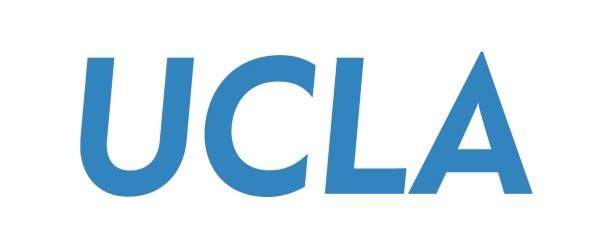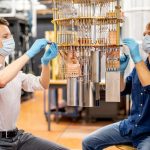UCLA’s new Master of Quantum Science & Technology (MQST) program designed to prepare students for careers in R &D of quantum technologies.

(PhysicalSciences.UCLA) The UCLA Master of Quantum Science and Technology (MQST) program within the Department of Physics & Astronomy at UCLA is designed to prepare students for careers in research and development of quantum technologies. The degree addresses the needs of both students and industry, tailored to those who wish to pursue technical positions that require a unique combination of specialized knowledge and skills.
“QIS has matured enormously over the past decade. We are now witnessing the emergence of a diverse and robust quantum technology industry based primarily in the private sector but uniquely engaging the participation of government, national labs, and academia,” said Richard Ross, director of the new program.
The MQST program upholds UCLA’s high academic standards, has the support of industrial partners, and gives students the opportunity to interact with faculty experts and gain hands-on experience in world-leading research.
The program consists of a rigorous interdisciplinary curriculum, a year-long program of hands-on laboratory skills development, and an industry-relevant capstone internship. Students will learn and strengthen their knowledge of the foundations of quantum mechanics, quantum computing, quantum information, and quantum devices.
Recipients of the degree will be at the vanguard of a deeply knowledgeable and highly skilled workforce for this significant new area.
“UCLA is fantastically situated in southern California, surrounded by an established high-tech culture including some of the biggest players in quantum, to educate the next generation of technologists who will underpin this industry,” said Ross.
This MQST program extends UCLA’s commitment to quantum science research and education, including the university’s Center for Quantum Science and Engineering. In 2020, UCLA was part of a team awarded $25 million by the National Science Foundation to establish the NSF Quantum Leap Challenge Institute for Present and Future Quantum Computation.



















